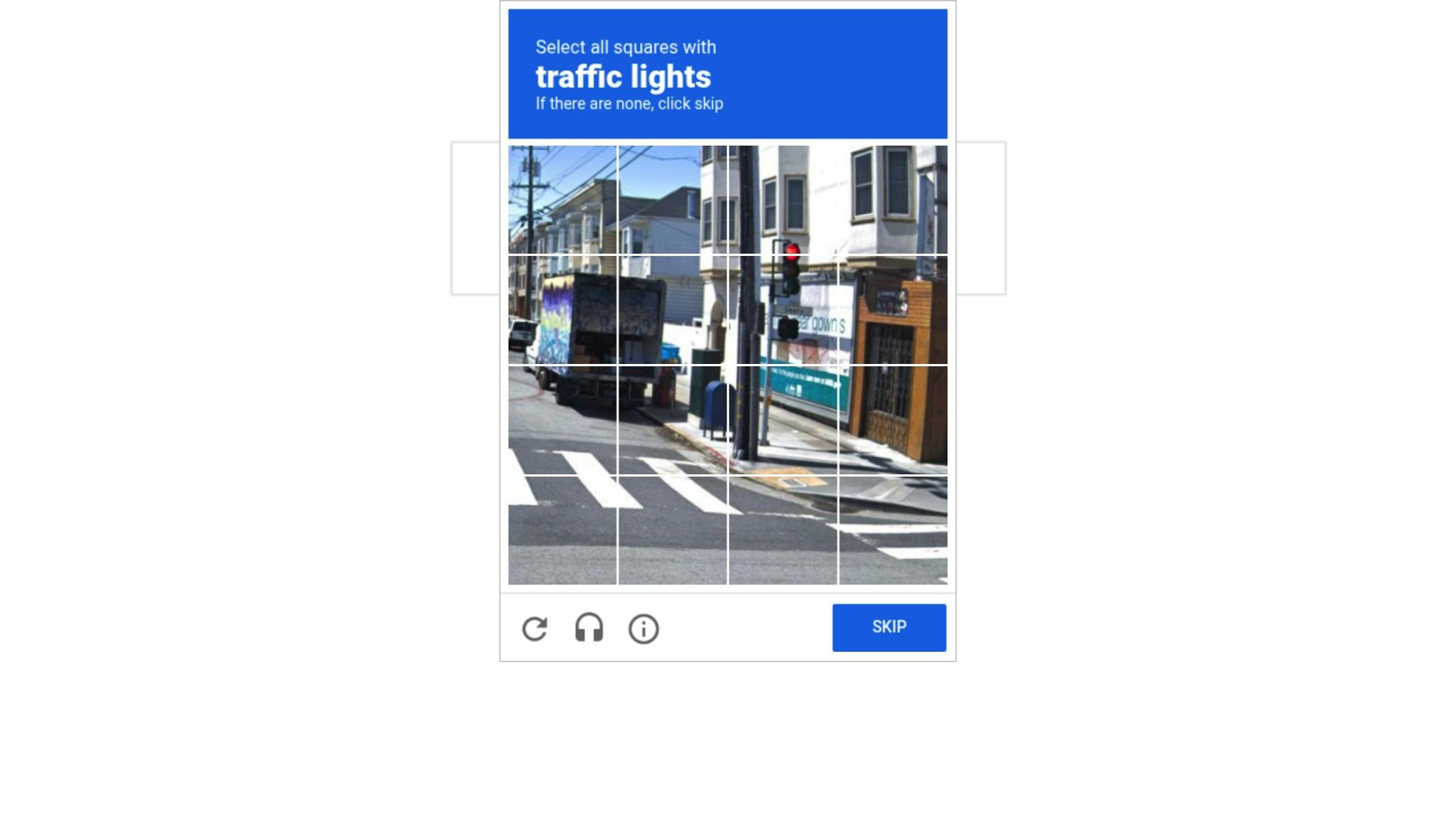Implantable Contact Lenses (ICLs) are a permanent vision correction solution placed inside your eye, between the iris and natural lens. Unlike glasses or traditional contact lenses, ICLs stay in place without daily maintenance and provide sharp vision for those with nearsightedness or astigmatism. Made from Collamer, a biocompatible material, they preserve the cornea’s structure, offer UV protection, and are reversible if needed.
Key Points:
- Suitable for individuals with severe nearsightedness, thin corneas, or dry eye issues.
- Surgery is quick (15–30 minutes per eye) with a fast recovery.
- Over 500,000 procedures performed globally with a 99% satisfaction rate.
- Risks include rare complications like infection, cataracts, or retinal detachment.
ICLs provide a safe and effective alternative to laser surgery, offering lasting results with flexibility for future adjustments.
ICL Surgery Explained – Surgical Walk Through of an Implantable Contact Lens Procedure
How Implantable Contact Lenses Work
Implantable contact lenses (ICLs) have gained attention as a reliable solution for vision correction. Their effectiveness lies in their precise placement, advanced materials, and straightforward optical function that delivers clear vision without the hassle of daily upkeep. Let’s break down the key aspects of how they work, including their placement, composition, and mechanism for correcting vision.
Where ICLs Are Placed in the Eye
ICLs are carefully implanted between the iris (the colored part of the eye) and the natural lens. This placement allows the lens to work seamlessly with the eye’s natural focusing system without replacing any part of it. Positioned in the posterior chamber, the ICL remains invisible to others while functioning alongside the eye’s natural lens. Modern designs, like the EVO ICL, include a central port that supports natural fluid flow within the eye. This feature reduces the risk of complications and eliminates the need for additional procedures, such as laser iridotomy. The lens is precisely vaulted over the natural lens, creating a 250–750 micron space to ensure proper fluid circulation within the eye’s chambers.
What ICLs Are Made Of
ICLs are made from Collamer, a material known for its compatibility with the eye. This soft, foldable material allows for implantation through a small incision and includes a UV-absorbing chromophore that protects against harmful ultraviolet rays. Because it mimics the properties of the natural lens, Collamer minimizes visual disturbances like glare and halos, while also reducing the risk of inflammation or rejection. These qualities make it an excellent choice for long-term use inside the eye.
How ICLs Correct Vision
ICLs correct vision by refracting light so it focuses correctly on the retina. Unlike glasses or contact lenses that sit outside the eye, ICLs achieve this from within, offering a more permanent solution without requiring daily maintenance. By working in harmony with the eye’s natural lens and cornea, ICLs ensure light is focused accurately, often resulting in sharp, high-definition vision. They are particularly effective for correcting myopia (ranging from –0.5 to –20.0 diopters) and astigmatism, making them an ideal option for individuals with severe nearsightedness or thin corneas who may not qualify for laser surgery. Unlike LASIK, which reshapes the cornea by removing tissue, ICLs preserve the cornea’s natural structure while adding the precise optical power needed for clear vision.
Most patients notice immediate improvement in their vision and can return to normal activities the following day. With over 500,000 procedures performed worldwide and approximately 1 million lenses implanted, ICLs have a proven track record of delivering consistent and dependable results.
| Vision Correction Aspect | ICLs | LASIK/PRK |
|---|---|---|
| Method | Adds a focusing lens inside the eye | Reshapes the cornea |
| Corneal Tissue | Preserves the natural cornea | Removes corneal tissue |
| Dry Eye Risk | Low risk | Higher risk |
| UV Protection | Built-in UV filtering | None |
| Suitable Myopia Range | Up to –20.0 diopters | Limited to moderate myopia |
The ICL Surgery Process
Knowing what happens during the ICL surgery process can help patients feel more prepared and at ease. This outpatient procedure is designed to be quick and straightforward, with most individuals experiencing minimal discomfort and noticeable vision improvement shortly after.
Before Surgery
The first step in the process is a thorough eye evaluation. At Boulder Eye Surgeons, the team conducts detailed measurements, such as corneal thickness, anterior chamber depth, and pupil size, along with a refraction test to determine the extent of nearsightedness or astigmatism. This evaluation also screens for any underlying eye issues that could impact the surgery’s success. These measurements are crucial for selecting the correct lens size and power, ensuring both effective vision correction and safety. During this time, patients can discuss their expectations, potential risks, and the recovery timeline with the surgeon.
Patients are given specific instructions to prepare for the evaluation. For instance, they may need to stop wearing contact lenses before the appointment, as contacts can temporarily change the cornea’s shape. When visiting Boulder Eye Surgeons, patients should bring their photo ID and insurance card. Modern EVO ICLs come with a central port that allows natural fluid flow, enhancing the lens’s functionality. Once the preparation phase is complete, the surgery itself begins.
During ICL Surgery
Armed with precise pre-surgery measurements, the surgeon begins the procedure. ICL surgery is an outpatient process that typically takes 15 to 30 minutes per eye. To ensure comfort, the surgeon administers topical anesthetic drops to numb the eye. Most patients report little to no pain, though slight pressure or discomfort is common. For added relaxation, a mild sedative may be offered if needed. Additional drops are used to constrict the pupil, improving visibility during the procedure.
A small, self-sealing incision – less than 3 mm – is made at the edge of the cornea. This minimally invasive technique avoids significant disruption to the corneal nerves. The foldable ICL is then inserted through the incision and positioned between the iris and the natural lens. Since the incision is self-sealing, no stitches are needed, and the corneal tissue remains untouched. This method has been used successfully in over 500,000 procedures worldwide, with nearly 1 million lenses implanted.
After Surgery and Recovery
Immediately after the procedure, patients may experience some blurry vision, light sensitivity, or a gritty feeling in the eye. However, these symptoms usually subside within 24 to 48 hours, allowing most people to return to their normal activities the next day.
Post-surgery care is essential for a smooth recovery. Patients are typically advised to avoid rubbing their eyes, swimming, and using eye makeup for at least a week. It’s also important to protect the eyes from bright sunlight and to refrain from intense physical activities for a few days. Prescribed eye drops play a key role in promoting healing and reducing potential risks.
Follow-up appointments are scheduled within the first 24 to 48 hours after surgery, with additional visits at one week, one month, and periodically thereafter. These checkups allow the surgeon to monitor healing, check eye pressure, confirm proper lens placement, and address any concerns. Vision usually continues to stabilize in the weeks following surgery. While many patients achieve excellent vision without glasses or contacts, some may still need low-power corrective lenses for specific tasks.
Clinical trials for the EVO ICL have shown a patient satisfaction rate of over 99%, highlighting the procedure’s effectiveness and the smooth recovery process. This streamlined approach has cemented ICL surgery’s reputation for delivering clear vision with minimal downtime.
sbb-itb-c87b093
Benefits and Risks of ICLs
ICL surgery offers a mix of advantages and potential risks, helping patients weigh their options carefully before making a decision.
Benefits of ICLs
ICLs provide sharp, high-definition vision without the hassle of daily maintenance. Unlike glasses or traditional contact lenses, they won’t fog up or slip, and many patients report noticeably clearer vision thanks to the lens’s placement inside the eye.
These lenses are a game-changer for people with high prescriptions or complex eye conditions. If you have severe nearsightedness, thin corneas, or irregularly shaped corneas that make procedures like LASIK or PRK unsuitable, ICLs may be the ideal solution. Since the surgery doesn’t involve removing corneal tissue, it’s often a safer choice for those with limited corneal thickness.
Another big plus is their reversible nature. The lenses can be removed or replaced if your vision changes, making them especially appealing to younger patients whose eyesight might still evolve over time.
ICLs also come with built-in UV protection and don’t cause dry eye syndrome because they don’t interfere with the corneal nerves. Made from biocompatible Collamer material, these lenses integrate seamlessly with the eye, minimizing irritation or discomfort.
Risks and Side Effects
Despite their many benefits, ICLs are not without risks. While the surgery has an excellent track record – over 500,000 procedures have been performed globally – complications can occur. Infection, though rare, is the most serious immediate risk and is usually treatable with antibiotics.
There’s also the potential for cataract development over time. In some cases, cataracts may form years after the procedure, requiring lens removal and cataract surgery.
Other risks include temporary increases in intraocular pressure or rare instances of lens misplacement, which might need additional corrective procedures. Some patients experience temporary visual disturbances, such as glare or halos, but these usually improve as the eye adjusts. A very rare but serious risk is retinal detachment, which would need urgent medical attention.
Additionally, while ICLs are reversible, significant prescription changes or complications may require further surgery down the line.
The following table lays out the benefits and risks side by side for easy comparison.
Benefits vs. Risks Comparison
| Benefits | Risks and Side Effects |
|---|---|
| High-quality vision correction | Infection (rare) |
| Suitable for high prescriptions | Cataract development over time |
| No daily maintenance needed | Increased intraocular pressure |
| Reversible procedure | Possible need for additional surgery |
| No dry eye syndrome | Glare, halos (rare) |
| UV protection | Retinal detachment (very rare) |
| Preserves corneal tissue | Possibility of future surgery |
Clinical trials for the EVO ICL have shown over 99% patient satisfaction, underscoring the positive outcomes most people experience. When complications do arise, they’re generally manageable with proper care. The key to minimizing risks lies in thorough pre-surgery evaluations, skilled surgical techniques, and consistent follow-up appointments.
At Boulder Eye Surgeons, cutting-edge technology and personalized assessments ensure that every patient gets expert guidance tailored to their specific needs. This individualized approach helps patients fully understand both the benefits and potential risks of ICL surgery for their unique situation.
About Boulder Eye Surgeons

Since 1997, Boulder Eye Surgeons has been at the forefront of vision correction in Boulder, Colorado. This locally established practice offers a wide range of medical and surgical eye care services, including implantable contact lenses (ICLs), cataract surgery, glaucoma treatment, corneal care, retina services, and laser vision correction with LASIK and PRK procedures. Their dedication to advanced eye care ensures precision and effectiveness in ICL procedures.
With an impressive 97% referral rate, patients frequently recommend Boulder Eye Surgeons to friends and family. This high level of satisfaction highlights their dedication to delivering exceptional care and achieving positive outcomes.
Boulder Eye Surgeons specializes in ICL procedures and other vision correction services, providing care tailored to each patient. Their board-certified ophthalmologists have extensive experience in ICL implantation and refractive surgery. These surgeons have a proven history of success, particularly with patients who have complex vision correction needs or are not suitable candidates for traditional laser procedures.
"Our goal is to provide each patient with personalized care of the highest quality. We strive to understand your needs and exceed your expectations."
- Boulder Eye Surgeons
The practice uses advanced imaging technology for precise ICL measurements and minimally invasive surgical techniques. This state-of-the-art equipment ensures accurate lens placement, shorter recovery times, and improved visual outcomes.
From the initial consultation to post-operative follow-ups, Boulder Eye Surgeons offers seamless care. Patients work with the same dedicated team throughout their journey, ensuring continuity and trust. Many praise the thoroughness of their eye exams and the clear, straightforward explanations provided by their doctors.
One patient shared their experience:
"Dr. Cuevas was clear and transparent with answers to my post-surgery questions and spent substantial time with me pre-surgery to make sure we came up with the best solution to meet my athletic vision requirements."
- Michael L.
For individuals with complex vision profiles, Boulder Eye Surgeons is an ideal choice for ICL procedures. Many patients report life-changing improvements in their vision and quality of life, often resuming normal activities as soon as the day after surgery.
To ensure patient safety during ICL procedures, Boulder Eye Surgeons follows strict protocols, including maintaining sterile surgical environments, using advanced monitoring equipment, and adhering to evidence-based practices. Their team also provides detailed education about potential risks and side effects, empowering patients to make informed decisions.
For those considering ICL surgery, Boulder Eye Surgeons offers transparent pricing in U.S. dollars and assists patients with financing options and payment plans. Their staff helps navigate insurance benefits, making advanced vision correction more accessible to the Boulder community.
In addition to serving Boulder, the practice extends its services to nearby areas such as Longmont, Lafayette, and Louisville, as well as other parts of Colorado. They provide convenient appointment scheduling and comprehensive support to guide patients through every step of their vision correction journey.
Conclusion
Implantable contact lenses (ICLs) offer a lasting yet reversible solution for vision correction, freeing you from the hassle of glasses or traditional contact lenses. With over 500,000 procedures performed globally and patient satisfaction rates soaring above 99%, ICLs have proven to be both safe and effective.
These lenses are designed to preserve your natural corneal tissue while providing sharp, clear vision – even in low-light conditions. Made from biocompatible Collamer material with built-in UV protection, ICLs require no daily upkeep. For those with severe nearsightedness, thin corneas, or individuals who aren’t candidates for laser procedures, ICLs can be a game-changer. The procedure itself is minimally invasive, typically taking less than 30 minutes, with a quick recovery period to follow. However, ensuring you choose an experienced provider is key to achieving the best results.
At Boulder Eye Surgeons, a trusted name in eye care since 1997 with an impressive 97% patient referral rate, you can count on receiving personalized and cutting-edge treatment.
While the benefits of ICL surgery are compelling, making an informed decision is crucial. A detailed consultation will help you fully understand the potential advantages, risks, and tailored options available to you.
FAQs
Am I a good candidate for Implantable Contact Lenses (ICLs)?
Determining whether Implantable Contact Lenses (ICLs) are the right choice for you involves considering a few key factors. ICLs are often recommended for individuals dealing with moderate to severe nearsightedness, especially if laser vision correction options like LASIK or PRK aren’t suitable. They’re also a great option for those with thin corneas or persistent dry eyes, where other procedures might pose risks.
The best way to know if ICLs are a fit is by scheduling a comprehensive eye exam and consultation with a skilled ophthalmologist. During this process, your vision, eye health, and unique needs will be carefully assessed to identify the most effective treatment. If you’re in the Boulder, CO area, Boulder Eye Surgeons can provide expert advice and personalized care to help you make an informed decision.
What are the risks and complications of implantable contact lens (ICL) surgery?
While ICL surgery is generally safe, it’s not entirely without risks – just like any surgical procedure. Potential complications can include infection, increased eye pressure, cataract development, or issues with the lens, such as misalignment. Thankfully, these complications are uncommon, particularly when the surgery is performed by a skilled and experienced surgeon.
To reduce these risks, it’s essential to choose a reputable provider like Boulder Eye Surgeons, where advanced technology and personalized care come together to deliver excellent results. If you have any concerns, make sure to discuss them with your eye surgeon. They can help you understand how the procedure aligns with your specific needs and overall eye health.
What is the recovery process like after ICL surgery?
The healing process after Implantable Contact Lens (ICL) surgery is usually straightforward and relatively quick. Many patients notice better vision within a day or two, though it can take a few weeks for complete recovery. During this period, it’s important to avoid strenuous activities and stick closely to your surgeon’s post-operative care instructions.
Your doctor will arrange follow-up appointments to check your progress and ensure the lenses are working as they should. If you notice anything unusual or have concerns, don’t hesitate to reach out to your eye care provider. At Boulder Eye Surgeons, we’re dedicated to providing personalized care to guide you through every step of your recovery.





